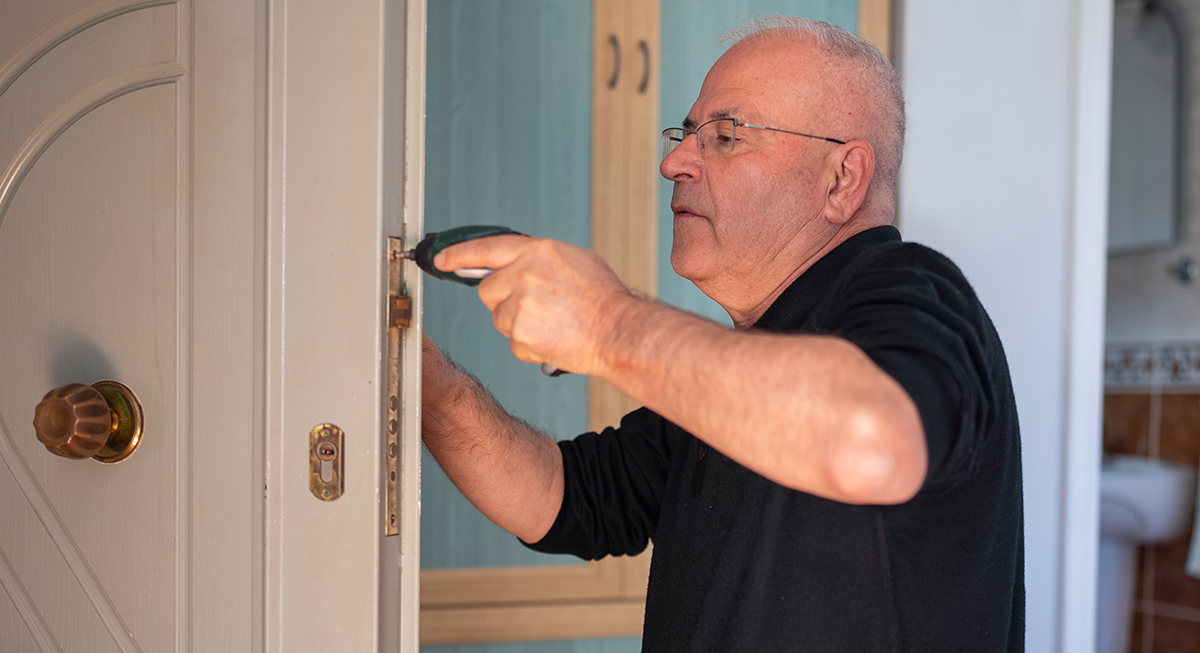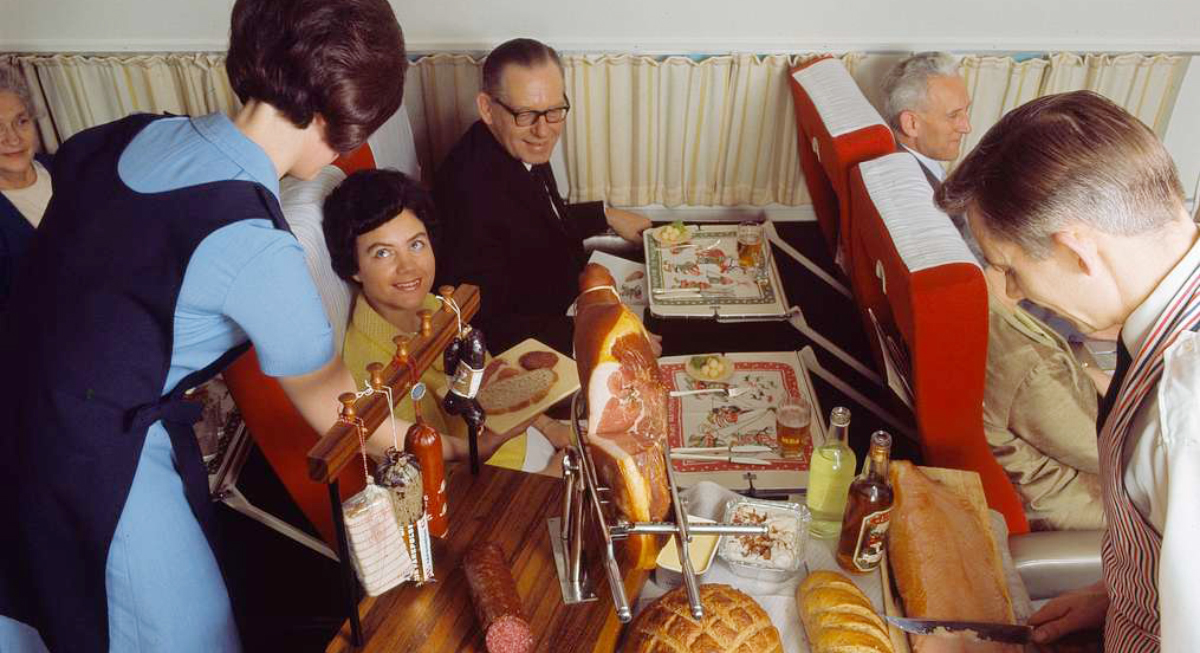Do you have money problems? There are some common mistakes people make when planning a budget or trying to sort out their bills. Check our list below of bad financial habits to avoid when trying to take control of your finances.
Paying Too Much For Housing
Are you overspending on rent or your mortgage? Many people read advice that your housing expenses should not take up more than roughly 30% of your income, but in the 21st century, it’s more important to ask if you are paying too much for the space you occupy--is similar housing available at a better price?
Can you find an apartment where one of your current utility bills is paid by the landlord? Being an aggressive comparison shopper for a rental unit is one way to cut your expenses. But what if you own your home and have a mortgage? Those looking to save money may be tempted to refinance to get into a lower monthly payment to help save their budget.
This may be a good idea UNLESS you are planning to sell the home at some point rather than keeping the home long-term. The expense of refinancing may not be worth it unless you are planning to keep the property over the long haul. It’s good to do the math on your refi loan to see how much it will cost upfront versus how much you could save over the term of the loan before you sell or pay off the note.
Keeping Nuisance Debt
Ask yourself how many of those $10-a-month Youtube, Hulu, Netflix, and Amazon accounts you are carrying. But more importantly, review the interest rates on ALL your credit cards, especially your store cards such as Best Buy, Target, etc. Now compare those store card interest rates to the credit card interest rates offered to you by your bank. Who wins?
Try to eliminate all high-interest credit card debt as soon as possible. Avoid junk credit with high rates and try to get the lowest interest rate you can on a Visa or Mastercard. Don’t make the mistake of closing your credit accounts--this can hurt your credit, especially if your credit accounts are several years old. Don’t close the accounts, simply stop using them.
Do You Know What’s In Your Credit Report?
Some financial advice blogs label “not knowing your credit score” as one of the big mistakes people make with their finances. But this advice does NOT go far enough. You need to be familiar with your credit report, know what is on your report and whether the report is accurate.
It is NOT ENOUGH to know your FICO scores, you must know what your credit report tells your lender, what it says about your credit habits and patterns, etc. This is the best way to start fixing your own credit. Know the contents of your credit report and be sure to contest any errors or evidence of identity theft you may encounter in it. Some money problems get solved at the credit report level more often than you might think.










